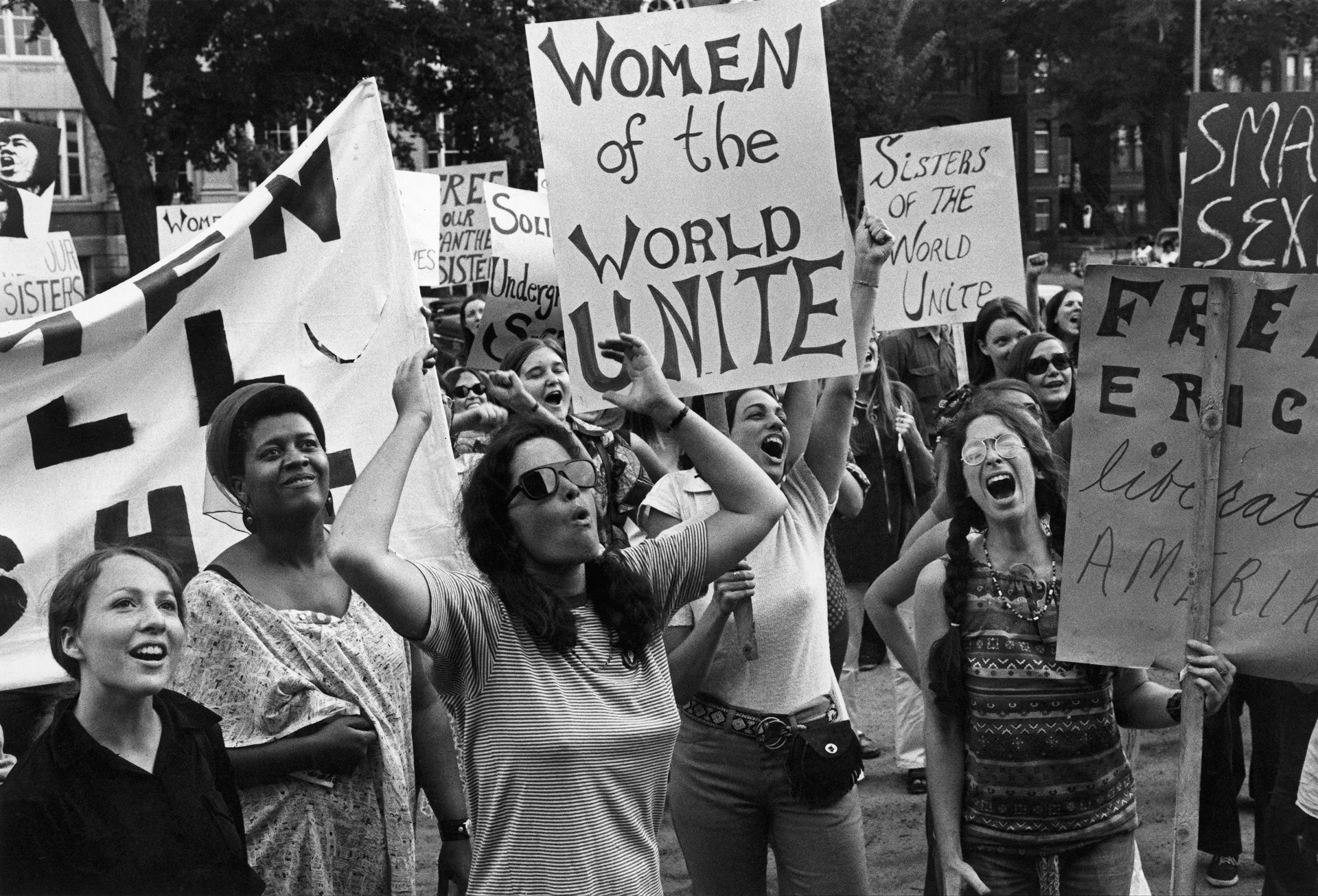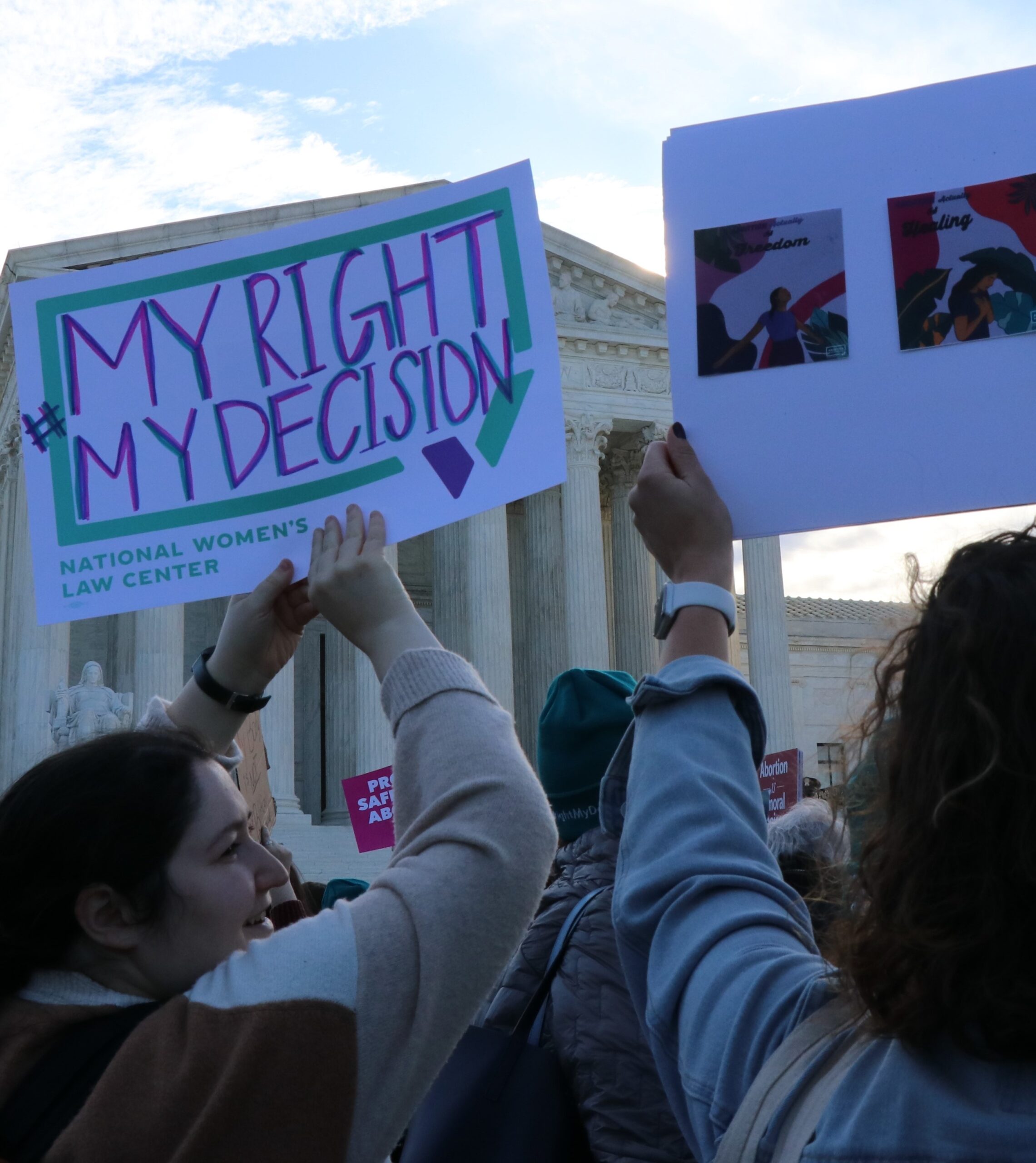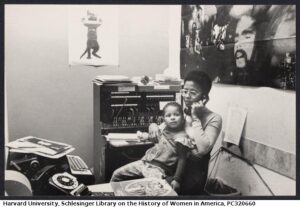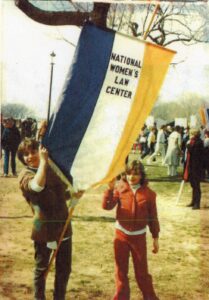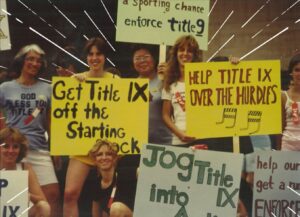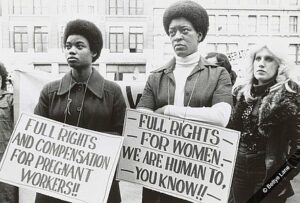The National Women’s Law Center (NWLC) welcomes you to a quick trip through history with a snapshot of how we’ve been turning anger into action for 50 years.
Since 1972, NWLC has given a voice to women’s rage—turning hurried whispers into desperate shouts, and finally, into a rallying cry for justice and change. Our leadership has fueled a vision—and solutions—for laws, policies, and a societal culture that center gender justice values.

